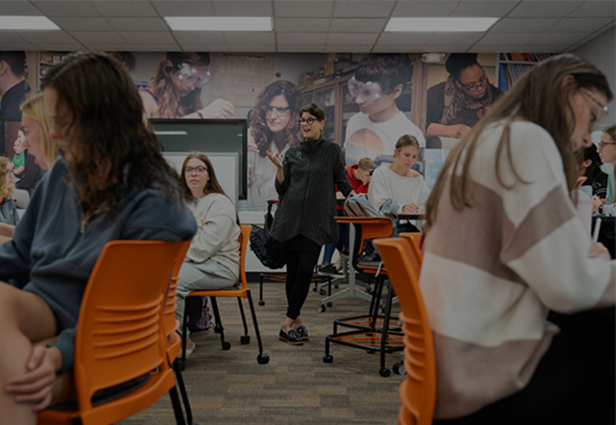WELCOME TO OILER MOBILE
Choose the experience that best describes you
- I AM A STUDENTExplore academic resources, campus life, and student resources that the University has to offer.
- I AM FACULTY/STAFFNavigate faculty/staff resources, office directories, campus events, dining options, and benefits.
- I AM AN ALUMStay involved with the University after graduation, learn about upcoming events, benefits, and news.
- I AM A VISITOR/FAMILYDiscover everything Oiler Nation has to offer including academic programs, events, and more.





